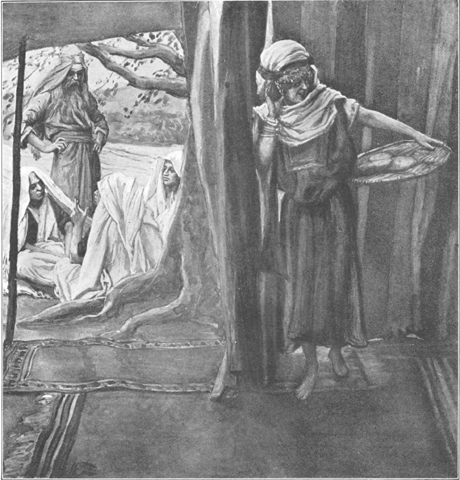Rabbi Laura Geller, the 1st female rabbi, was ordained in Berlin in 1935 and was murdered in the Shoah (holocaust) in 1944. She says, "God has implanted in our breast abilities and callings regardless of gender. Everyone has the obligation, whether man or woman, to be effective according to the gifts God has granted."
TEACHING AND EDUCATION ARE CENTRAL TO JEWS, as evidenced by the names of Judaism's major texts.
Rabbi Michael Strassfeld in his Book Of Life: Embracing Judaism as a Spiritual Practice, writes, "If one word is the most essential word in Judaism, it is the word Torah. It literally means 'teaching.'"
The oral Torah, which was recorded around 200 C.E., is the Mishnah. The Mishnah is the first part of the Talmud. Mishnah means "repetition" and comes from the Hebrew root shanah, which means "to study and review."
Talmud means "instruction, learning" from the root lmd, "to teach, study." The entire Talmud, the first part being the Mishnah, and the second part, the Gemara (c. 500 C.E.), in standard print is over 6,200 pages long.
Many passages in Torah support education for all, including the following:
Deuteronomy 5:1 - Moses summoned all the Israelites and said to them: "Hear, O Israel, the laws and rules that I proclaim to you this day! Study them and observe them faithfully!" The commentary points out that Moses is stressing the importance of studying for everyone in the covenant.
This 2nd verse is central to worship and is recited in all synagogues: Deuteronomy 6:4-7 - "Hear O Israel, The Eternal is our God, The Eternal is one." (This is one of the few pieces of Torah that everyone recites as is and tends to agree with. It is often called the core of worship.) "You shall love your God, The Eternal, with all your heart, with all your soul, and with all your might. Take these words that I command you now to heart. Teach them intently to your children. Speak them when you sit inside your house or walk upon the road, when you lie down, and when you rise."
Rabbi Strassfeld's rendering of a familiar Talmudic passage: "The world rests on three things: Torah, avodah, and gemuilut hesed: the study of Torah, worship, and deeds of loving kindness [Ethics of Our Ancestors 1:2]" In other words, Torah study conducted in synagogues and halls all over the world is as central a practice to Jews as worship. Jews consider Torah study a form of worship.
While it is important for the individual to act, it is not any one person's sole responsibility. From Avot 2:21 (another Talmudic passage, attributed to Rabbi Tarfon): "It is not incumbent upon you to complete the work, but neither are you at liberty to desist from it." See our next posting for all three faith tradition's views.

.jpg)



